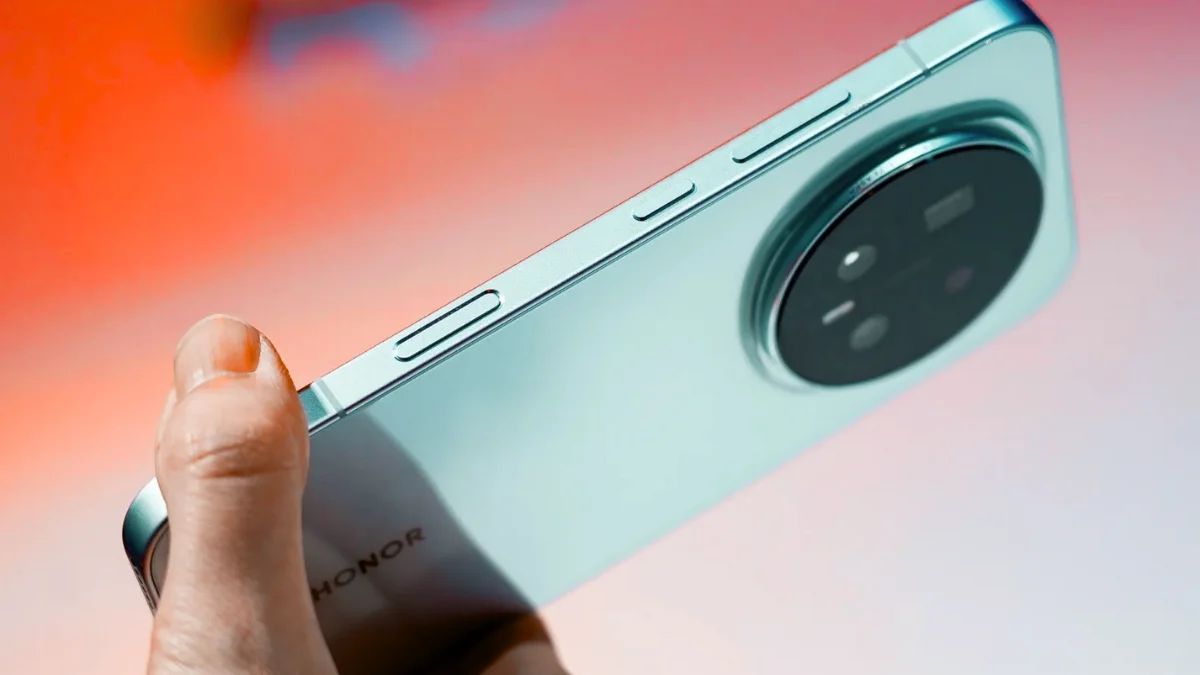The Galaxy S26 and Galaxy Z Fold 8 may ship with UFS 4.1 storage, an underrated but powerful upgrade enabled by Qualcomm’s new Snapdragon 8 Elite Gen 5 chipset. While flagship launches often highlight flashy features like cameras and displays, storage performance plays a vital role in user experience. With UFS 4.1, Samsung’s next-gen devices could offer faster speeds, better efficiency, and improved thermal stability—making them some of the most responsive Galaxy phones yet.
Galaxy S26 and Galaxy Z Fold 8 May Get UFS 4.1 Storage With Snapdragon 8 Elite Gen 5
Samsung’s upcoming Galaxy S26 series and Galaxy Z Fold 8 could be in line for a major, though often overlooked, performance upgrade: UFS 4.1 storage. This advancement stems from Qualcomm’s newly unveiled Snapdragon 8 Elite Gen 5 processor, which officially supports the faster storage standard.
While most consumer attention gravitates toward new chipsets, camera systems, or display technology, the memory and storage components inside smartphones are just as critical. Faster storage translates to quicker app launches, smoother multitasking, and reduced lag across daily use.
Compared to UFS 4.0, the new UFS 4.1 standard promises faster read speeds, 25% improved power efficiency, better thermal performance, and enhanced data security. Together, these improvements ensure that high-performance phones maintain speed and responsiveness even during extended workloads like gaming or video editing.
Samsung has a history of pairing Qualcomm’s latest chips with its flagships, and the Galaxy S25 and Galaxy Z Fold 7 both relied on the Snapdragon 8 Elite. Given that, it seems likely at least some Galaxy S26 models and the Z Fold 8 will adopt the Snapdragon 8 Elite Gen 5, unlocking the benefits of UFS 4.1.
Memory giant Micron, which has already launched its UFS 4.1 chips, is expected to be a major supplier for Samsung’s next-generation devices. If that holds true, Galaxy fans can look forward to one of the most seamless and efficient storage experiences to date.
Though it may not make headlines like new camera hardware, this UFS 4.1 upgrade could be one of the most meaningful improvements to Samsung’s 2025 flagship lineup.





